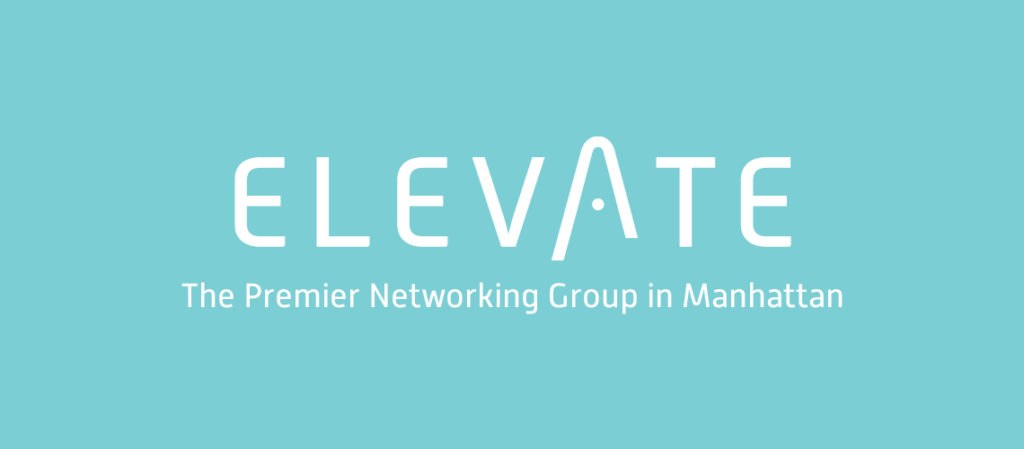As my late Grandpa Henry liked to say, “Rich or poor it’s good to have money.”
But I’ve got something this morning that might surprise you: money is not the most important asset in business. It is essential of course. It’s the oxygen that keeps the business alive — but it’s not the heart, the brain, or the soul. If you think money is the most critical factor, you’re playing checkers in a world of chess.
So, what is more important?
First: Trust.
Trust is the foundation of every successful enterprise. It’s the currency of relationships, both internal and external. It builds loyalty, accelerates transactions, and reduces friction. It’s what makes customers buy, employees stay, and investors believe. Think about it — you can raise millions in capital, but if your customers don’t trust your brand, they won’t buy. If your employees don’t trust your leadership, they won’t follow. Trust compounds over time and it can’t be bought; it must be earned. And once broken, it’s incredibly hard to regain.
Without trust, no marketing campaign, product innovation, or pitch deck will matter. It’s what gives your brand longevity. When Apple launches a new product, people line up not just for the tech, but because they trust the brand. That kind of trust takes years to build, and it’s far more valuable than any single financial quarter’s earnings.
Second: People.
If trust is the foundation, people are the structure on top of it. Talented, driven, values-aligned individuals are the most valuable assets in your business. You can lose your funding, your office, even your product — but if you have the right team, you can rebuild from scratch. Silicon Valley is littered with companies that had capital but failed because they didn’t have the right people. Conversely, history celebrates companies that started with nothing but a brilliant, committed team. Your people are your business.
Third: Vision.
Money follows vision — not the other way around. Investors don’t back balance sheets; they back big ideas and the leaders who can articulate them with clarity and conviction. A powerful vision aligns your team, attracts customers, and gives you resilience and a competitive edge that no financial war chest can match. Vision is what allowed Howard Schultz to keep going even after his concept for Starbucks was turned down for funding two hundred and seventeen times. It’s what lets small players take on industry giants and win. Without vision, money becomes a short-term tool. With vision, it becomes a long-term amplifier.
Fourth: Reputation.
In a connected world, your reputation spreads faster than your product. It’s your social proof, your track record, your calling card. And it precedes you in rooms you’ve never entered. A strong reputation attracts opportunities — partnerships, press, talent, and capital — while a damaged one repels them. It can take years to build a great name and seconds to lose it. Guard it fiercely.
Lastly — Adaptability.
Markets shift. Technology evolves. Crises emerge. Your ability to adapt — your agility — is more important than the size of your bank account. Money can buy time, but only adaptability ensures survival. The businesses that thrived through recessions and pandemics weren’t always the richest — they were the most resilient.
So again, money is oxygen. But oxygen needs a vehicle to breathe it.
And that vehicle is composed of many things including: Trust, People, Vision, Reputation, and Adaptability

